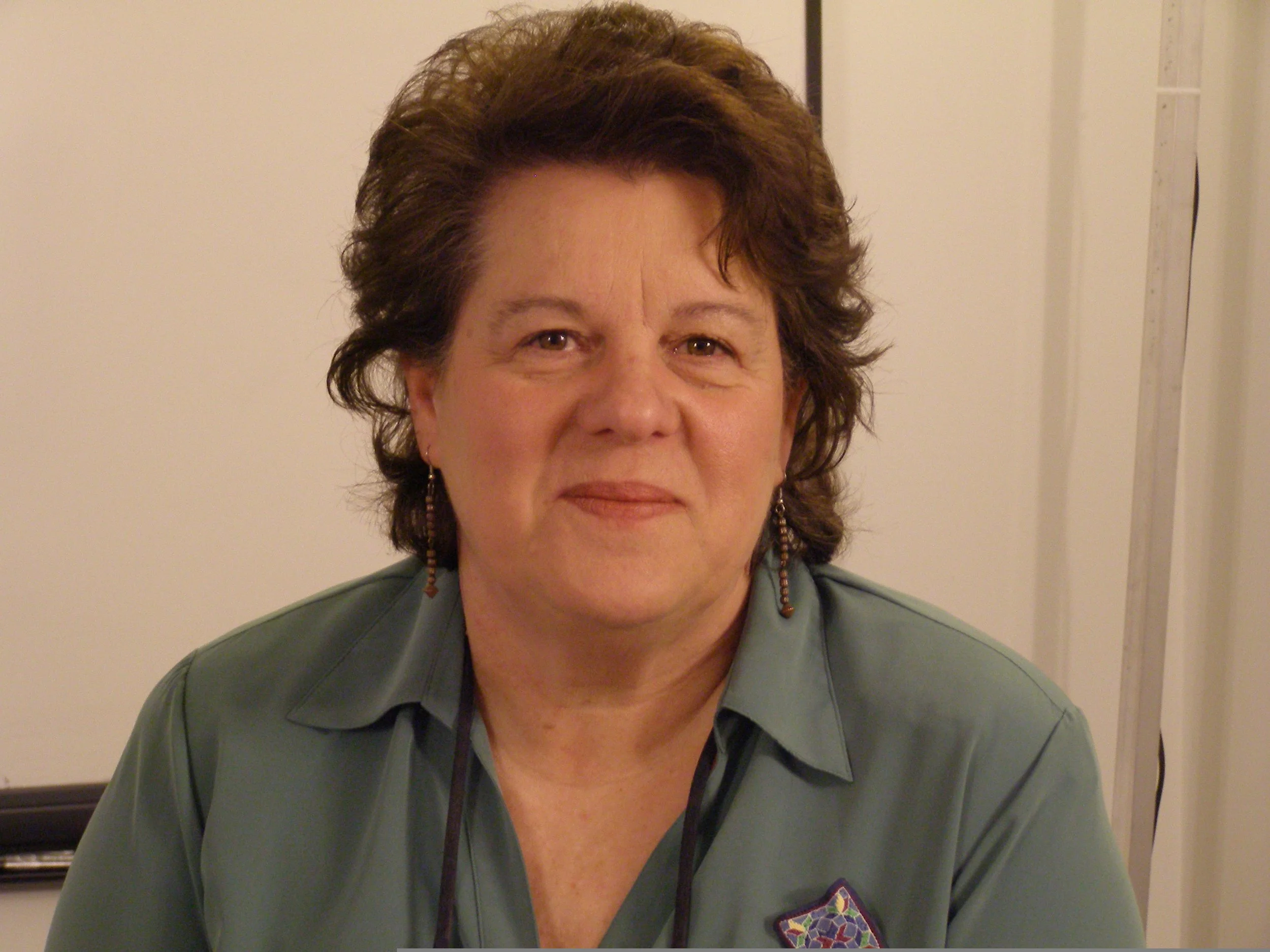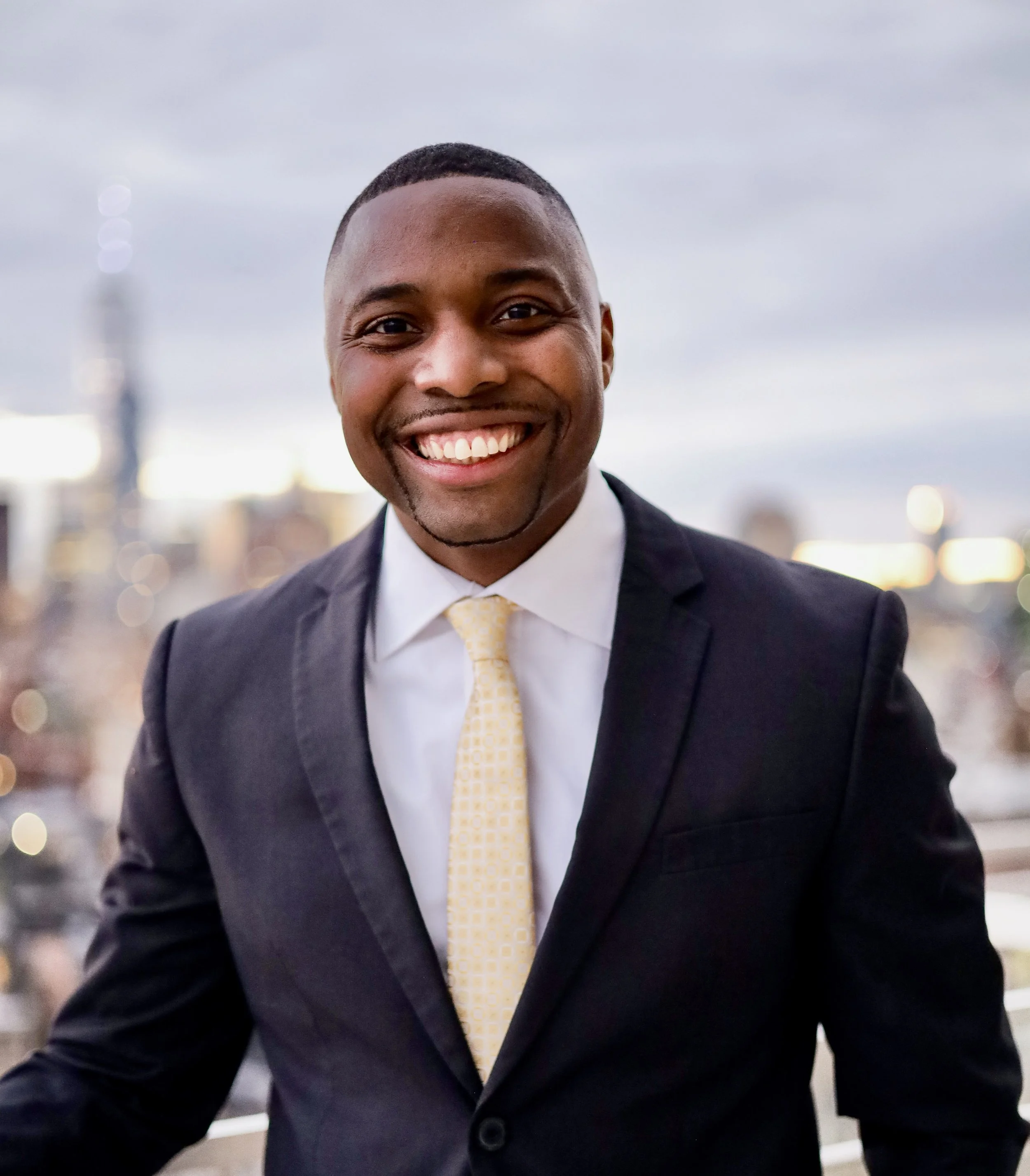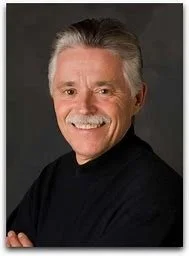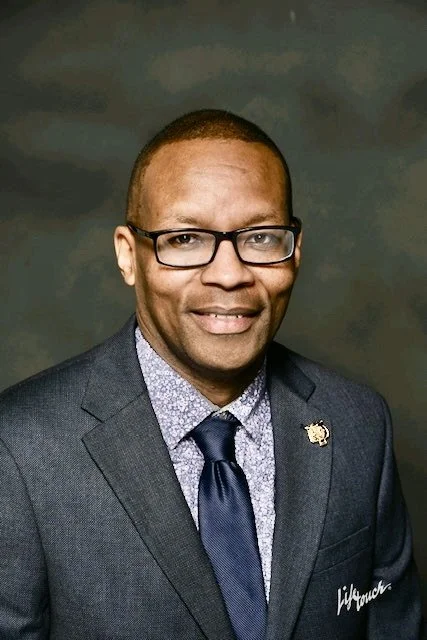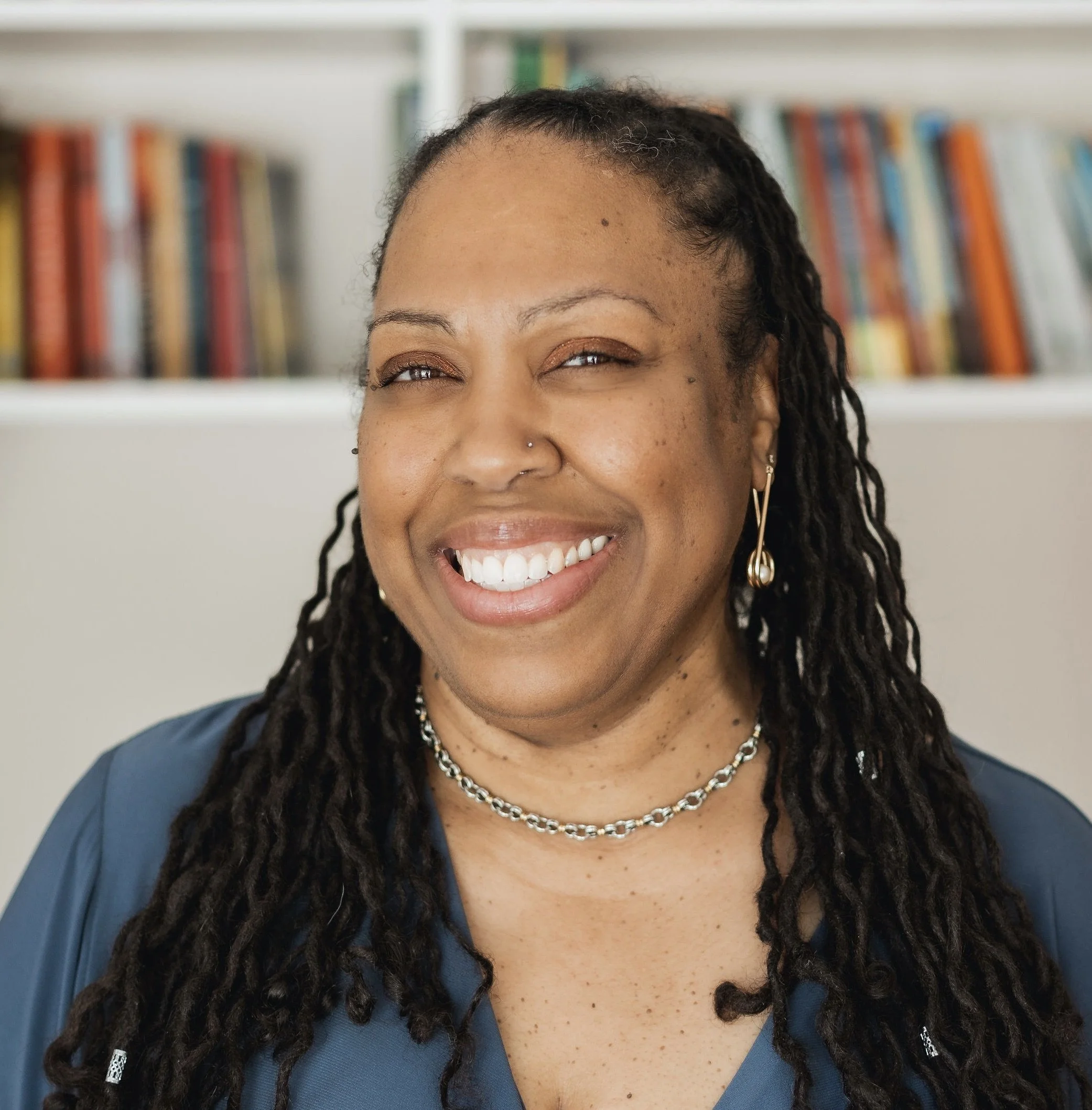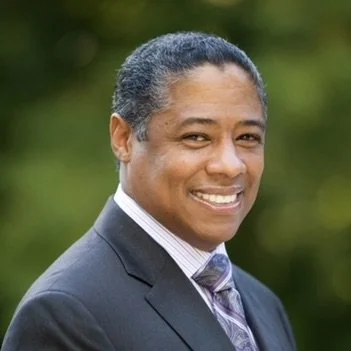Teachers have the opportunity to impact students in ways that can change the trajectory of their life. To do this, teachers have to be prepared to embrace students emotionally by knowing how to regulate their own emotional stability. Showing respect, and having willingness to care for them has profound impacts on students. Diane Wagenhals, a Program Director for Lakeside Education Network that manages therapeutic schools and services for students who have experienced trauma and been unable to successfully adapt to the traditional school environment, explains.
Read MoreOpen any print or online educational news source and you’re likely to find a story on social and emotional learning. What is S.E.L. and why do some leaders champion it and its integration with academics while others see it and really any focus on mental health as a veiled plot to indoctrinate students in “socialist” ideology. David Adams, the CEO of The Urban Assembly and a board member of CASEL, the Collaborative for Academic and Social and Emotional Learning, explains the actual reasons why educators should contribute where they can to the mental health for all students.
Read MoreA forum that facilitates conversations among school communities can help to establish a plan for a better future while working in the present. Constant discussion helps leaders learn new methods, update their vision, and address the current implications of trauma-informed learning. Paul Liabenow and Mike Domagalski of the Michigan Elementary Middle School Principals Association explain the imperative to move from a strong vision, to conversation, to action of behalf of today’s traumatized students.
Read MoreOur discussion explored visioning and building schools through a more holistic, compassionate approach to working with students. The Rainbow Community School in Ashville, NC, was used as a case study. Drs. Renee Owen and Christine Mason led us into trauma-informed visioning, weaving understanding and support into the fabric of schools. We learned to craft visions prioritizing relationships, well-being, and spiritual connections, fostering student growth beyond traditional academic metrics.
Read MoreDr. Debra Gustafson is the Associate Superintendent for the Geary County Unified School District 475 in Juncture City, Kansas. We discussed the importance of supporting teachers' well-being, especially during the COVID-19 pandemic, and highlighted strategies for addressing teacher stress and burnout.
Read MoreGary R. Howard, Ph., has been supporting individuals and organizations in the deeper work of personal, professional, and systemic transformation for the purpose of achieving social justice and equity in our schools and our nation. In this conversation, Gary Howard invites listeners to engage in reflective thinking about our racializing experiences – experiences that may impact our practice and how we relate to others in ways we are not consciously aware of.
Read MoreDr. Kelvin Butts is the Superintendent of Benton Harbor, MI, area schools. In this episode, we discuss his approach to leadership – transparency, vulnerability, a learning organization, community partnerships – to enhance the well-being of the school community.
Read MoreAnitra Gallegos, Principal of the Panorama Middle School in Colorado Springs, CO discusses how she is creating a culturally responsive and trauma-informed environment in her school through her three “Is”: integrity, instruction, and inspiration.
Read MoreMichelle Trujillo, a former teacher and principal, and Co-Founder of the Center for Learning and Well-Being, emphasizes the importance of educational leaders understanding and supporting their teachers' well-being to meet students' academic and emotional needs effectively.
Read MoreMelanie Johnson is the Director of the Whole Child Initiative for the National Indian Education Association. The conversation centers on Melanie’s efforts to address Native students' educational needs. Topics include educational sovereignty, preserving cultures, enlisting advocates, vocational training, and systemic barriers to progress.
Read MoreIn this episode with education consultant and author, Afrika Afeni Mills, we discuss the importance of addressing inclusivity and racism in education – first through self-reflection – while emphasizing the need to support educators' holistic well-being and anti-racism training via a long-term approach.
Read MoreBy understanding the profound effects of poverty-related stress on the brain, acknowledging the power of subconscious biases, and implementing practical strategies for emotional regulation, educators can foster resilience, equity, and optimal learning experiences for vulnerable students. Educational consultant, Horacio Sanchez, explains.
Read MoreEquity, inclusion, and justice should be critical goals of education today. To effectively work toward achieving them, though, the mental health and overall well-being of children and school staff must first be addressed. Following the success of Season 1, Season 2 of the podcast series, Cultivating Resilience: A Whole Community Approach to Alleviating Trauma in Schools continues to explore various ways to reduce anxiety and stress that are so prevalent in many of today's schools.
Read MoreIf COVID has an upside, it’s that it has brought attention to the emotional needs of students (and faculty members). Indeed, if a student doesn’t feel emotionally safe in the classroom, their ability to learn is severely impeded. And if an educator is experiencing extreme stress, their ability to work effectively with kids is compromised. The bottom line is that educators must work toward balancing a student’s academic needs with their social and emotional needs. Our three guests from the Elizabethton School District in Elizabethton, TN provide the details.
Dr. Myra Newman — Assistant Director of Schools for Academics, Elizabethton City Schools, Elizabethton, TN
Dr. Jon Minton — Principal, Elizabethton High School, Elizabethton, TN
Megan Ellis — Counselor, Elizabethton High School, Elizabethton, TN
Read MoreOne of the clear takeaways from our series on trauma in schools is that few teachers and administrators receive training on student trauma before they find themselves in front of their kids. Most professional development in this critical area is provided to educators in what are often too-brief training sessions after they are already in the schools. Our guests in this episode, professional development consultants Tamara Neufeld Strijack and Hannah Beach, are helping to disrupt that pattern.
Read MoreTrauma often grows in Native American children through schooling. Those who attend U.S. public schools are frequently criticized for their silence, but this behavior is culturally driven. Native students remain quiet to reflect deeply and show respect, especially to teachers. Holly Echo-Hawk, a behavioral health expert for the Pawnee Nation, provides the details.
Read MoreOne of the aspects of trauma that needs to be fully recognized is its intergenerational potential: the trauma that a student carries with them can often be further weighted by what their parents and or ancestors experienced. This is particularly true for people of color and indigenous populations. Mary Peter, District Vice-Principal, Indigenous Education, Cowichan Valley School District on Vancouver Island in British Columbia, and Richard Matthews, the District Counselor at the Cowichan Valley School District provide the details.
Read MoreGiven the lingering impact of COVID and the stress of other daily events, we can all use a break! So, sit back and enjoy. And if you start to sing along – and maybe tear up – great, you’re human!
Read MoreWhen we think about trauma and adverse childhood experiences, the conversation understandably gravitates to one of what happened to the student. That approach can focus us externally on the damaging experiences and events themselves. Dr. Scott Ratchford, an expert on equity and the Coordinator of Equity Advancement for the town of West Hartford, CT, helps us shift our focus to see the internal impact of adversity and trauma on a child and how it can affect their identity, sense of safety and well-being, and perhaps most important, their potential.
Read MoreMost attempts at large-scale change in education fail because of incoherent planning, lack of buy-in of stakeholders, and poor execution. Another big reason for failure is pace: leadership tries to do too much too quickly. Moving too fast can be particularly detrimental when adopting something as emotionally rich and behavior-changing as trauma-informed practices. Dr. Dana Milakovic, a mental health and trauma specialist, and the state-wide advisor for Trauma (K-12) for the Pennsylvania Department of Education urges a step-by-step approach that includes a multi-system of support.
Read More


